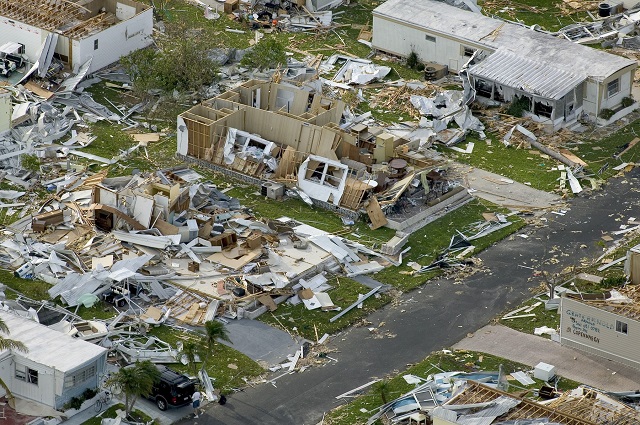News Story
(Below is a backup copy of the original article with as much credit to the publisher as well as the author that we can provide. By no means do we mean to violate any copyright laws. This page is appearing because someone indicated that the original story was unavailable.)

- 0 Agrees
- 2050 Views
- 0 Comments
- 0 Shares
 If clicking the article title leads to
If clicking the article title leads to the original full story page...
DC'S "THE FLINTSTONES" IS A SURPRISINGLY DARK -- AND HONEST -- SATIRE
Because of its slapstick humor and legacy as a '60s cartoon giant alongside the likes of "Scooby-Doo, Where Are You!" and "The Yogi Bear Show," it's easy to forget just how sharp the original "Flintstones" was. An homage of "The Honeymooners," the prime-time animated comedy was smarter than your average cartoon, and while it gained popularity among young fans, it was intended to be enjoyed by adults as well.
The same goes for DC Comics' new "Flintstones" series by Mark Russell, Steve Pugh and Chris Chuckry, which exceeds the already-high expectations as an incredibly relevant, and surprisingly dark, comedy. It's a delight, particularly for those of us with more cynical sensibilities.
Yet again, "The Flintstones" taps into the comedic zeitgeist. Like such critically acclaimed comedies as "Louie," "Love," "Girls" and others we (usually) find on cable television, the comic packs a touch of sadness and brutal honesty with every joke. Employing visual gags, exaggerated characterization and clever puns, the first issue tucks social commentary behind jokes and references to the property we all know and love.
The issue begins in the present, as we see a preserved Neanderthal behind glass, and a museum curator who establishes the context of the Stone Age being. As we learn later, the curator knows nothing about him apart from his DNA -- his memories, work and personality are reduced to a false generalization.
Before we flash back to the good ol' days of Bedrock, we're left with the harrowing line, "I can only imagine how awful their lives must have been." That sentence provides the theme of the entire issue -- yes, their lives were awful ... but they were a lot like ours. The citizens of Bedrock are fearful, cruel, animal-abusive, obsessed with identity, consumer-driven. In short, they're us!
Behind that tragic view of life comes the hope in "The Flintstones." We're introduced to, and navigate through, the lives of Fred, Wilma, Barney and Betty. These characters give us hope that there was some kind of good that history has forgotten. Left behind in lieu of conquest and industrial progress, there were humans with ideas and hopes that went unrealized. Fred Flintstone was trying to do his best in a world that cared little about the aspirations of lesser people.
While Mr. Slate represents the powerful men who abuse and marginalize people in their favor -- in the first issue's case, the Neanderthals -- Fred and Wilma Flintstone want something other than serving at the mercy of industry. The series explores Fred's tie as something he's worn for 15 years with the hope that "dressing for the job" will give him the life he wants. Wilma has artistic aspirations that go unrealized and mocked by the hipsters of the Stone Age (they vape!). But both of them realize there's more to humanity than work -- there has to be some kind of fate and meaning to it all ...
But we're left wondering -- it is the first issue after all -- whether there is anything out there.